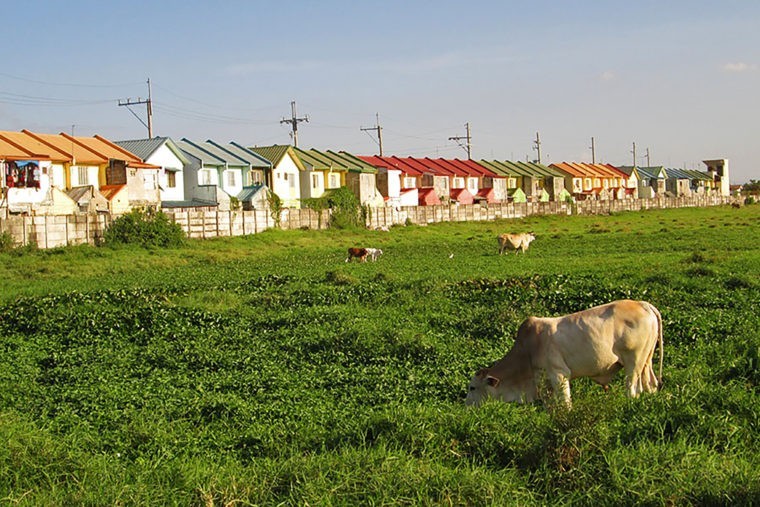Contact

Adresse
ETH Zürich
NSL – Netzwerk Stadt und Landschaft
Stefano-Franscini-Platz 5
HIL H 44.2
8093 Zürich
Direction NSL
Directeur: Prof. Dr. David Kaufmann
Représentante du directeur: Prof. Milica Topalovic
Bureau de coordination NSL
Claudia Gebert
Téléphone: +41 (0)44 633 36 33
Inscrivez-vous à la newsletter NSL
Rédaction disP

Rédactrice responsable
Dr. sc. techn. Martina Koll-Schretzenmayr, aménageuse territoriale ETH/NDS,
Téléphone +41 (0)44 633 29 47
Adresse
ETH Zürich
Redaktion disP
NSL – Netzwerk Stadt und Landschaft
Stefano-Franscini-Platz 5
HIL H 33.3
8093 Zürich
e-mail
Archive NSL (gta)

Archives de recherche et posthumes pour l’architecture du paysage et l’aménagement du territoire suisses.
Recherche
Adresse
ETH Zürich
NSL Archive (gta)
Stefano-Franscini-Platz 5
HIL C 65.2
CH-8093 Zurich
Protection des données